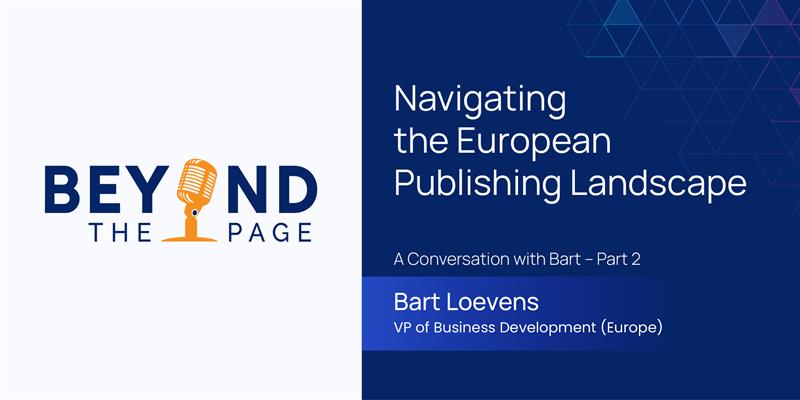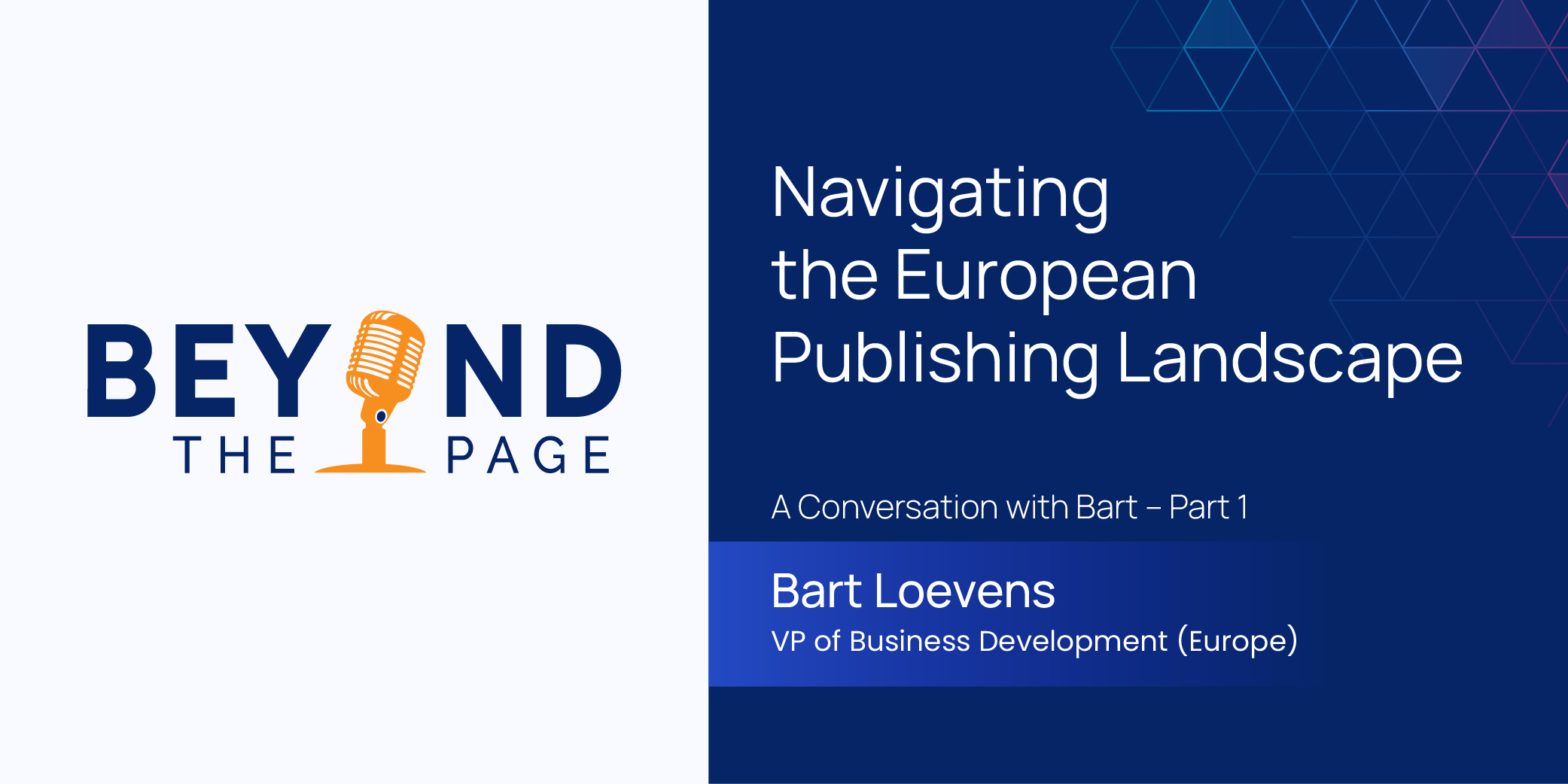
In the dynamic landscape of modern business, continuous learning and training are the cornerstones of success and growth. However, businesses face significant challenges in tracking and enhancing learning outcomes effectively. The advent of learning analytics has emerged as a game-changer in this realm, especially when powered by artificial intelligence (AI) and delivered through a cloud-based Learning Management System (LMS).
The Power of AI in Learning Analytics
Learning analytics are the insights and data derived from training programs, crucial for shaping and improving business training strategies. Its evolution from traditional, manual methods to sophisticated, AI-based learning analytics represents a significant leap in how businesses approach training.
AI’s role in learning analytics is transformative. It offers personalized learning experiences and predictive insights, moving beyond one-size-fits-all training models. AI is instrumental in identifying learning patterns and gaps, providing businesses with actionable feedback to optimize training programs.
Advantages of a Cloud-Based LMS
A cloud-based LMS offers unparalleled benefits, including
- Accessibility: Users can access training materials from anywhere, at any time.
- Scalability: Easily adapts to the changing size and needs of an organization.
- Cost-effectiveness: Reduces the need for physical infrastructure and maintenance.
- Real-time data access: Ensures that decisions are based on the latest information.
- Global reach: Makes it possible to train a geographically dispersed workforce.
Integrating Learning Analytics in an AI-Powered Cloud-Based LMS
The integration of learning analytics into an AI-powered LMS is seamless and effective. It allows for tracking a variety of metrics such as engagement rates, completion times, and knowledge retention, providing a comprehensive view of training efficacy.
Realizing Business Benefits
When learning analytics are successfully integrated into corporate training through an AI-powered LMS, businesses can witness a transformation in both their learning and development (L&D) processes and overall operational performance. These benefits manifest in various ways:
- Improved Learning Outcomes: With tailored learning experiences and content, employees are more likely to engage with the training, leading to higher completion rates and better knowledge assimilation.
- Enhanced Productivity: By identifying skills gaps and delivering targeted training, an AI-powered LMS can significantly elevate workforce productivity.
- Data-Driven Decisions: The insights provided by learning analytics enable L&D teams to make informed decisions regarding curriculum development, resource allocation, and talent management.
- Increased ROI: By optimizing training programs, companies can reduce costs associated with ineffective training while simultaneously enhancing the capabilities of their workforce.
Businesses that have integrated AI-powered learning analytics report not just better training outcomes, but also a more agile, responsive, and competitive stance in their respective industries.
Overcoming Challenges and Implementing Best Practices
While adopting learning analytics comes with challenges like data privacy and technology integration, there are best practices that businesses can adopt. Ensuring a smooth implementation of an AI-powered, cloud-based LMS is critical for maximizing benefits.
Choosing the Right AI-Powered Cloud-Based LMS
Choosing the right LMS involves looking for customization options, user-friendliness, and robust analytics features. Selecting a platform that aligns with business goals and training needs is crucial for long-term success. Identifying the appropriate AI-powered cloud-based LMS necessitates a thorough evaluation of several key factors:
- Customization: The LMS should offer extensive customization options to ensure that it can mirror an organization’s unique training processes and adapt to its evolving needs.
- User Experience: A user-friendly interface is essential for encouraging learners and administrators to fully utilize the system’s capabilities.
- Robust Analytics Features: The chosen LMS must have comprehensive analytics and reporting tools that can dissect and interpret data in a meaningful way, providing clear insights and recommendations.
- Integration Capabilities: The platform should easily integrate with existing systems and tools within the business ecosystem to maintain a seamless flow of data and processes.
- Support and Development: Continuous support and updates from the provider ensure that the LMS evolves in tandem with the latest in AI and learning technologies.
Harnessing learning analytics through an AI-powered, cloud-based LMS offers substantial benefits. Businesses looking to drive growth and maintain competitiveness need to embrace this technology wholeheartedly.
News & Insights

Enabling Accessibility in Scholarly Publishing – A Conversation with Lakshmanan Thirumoorthy

Navigating the European Publishing Landscape – A Conversation with Bart – Part 2


